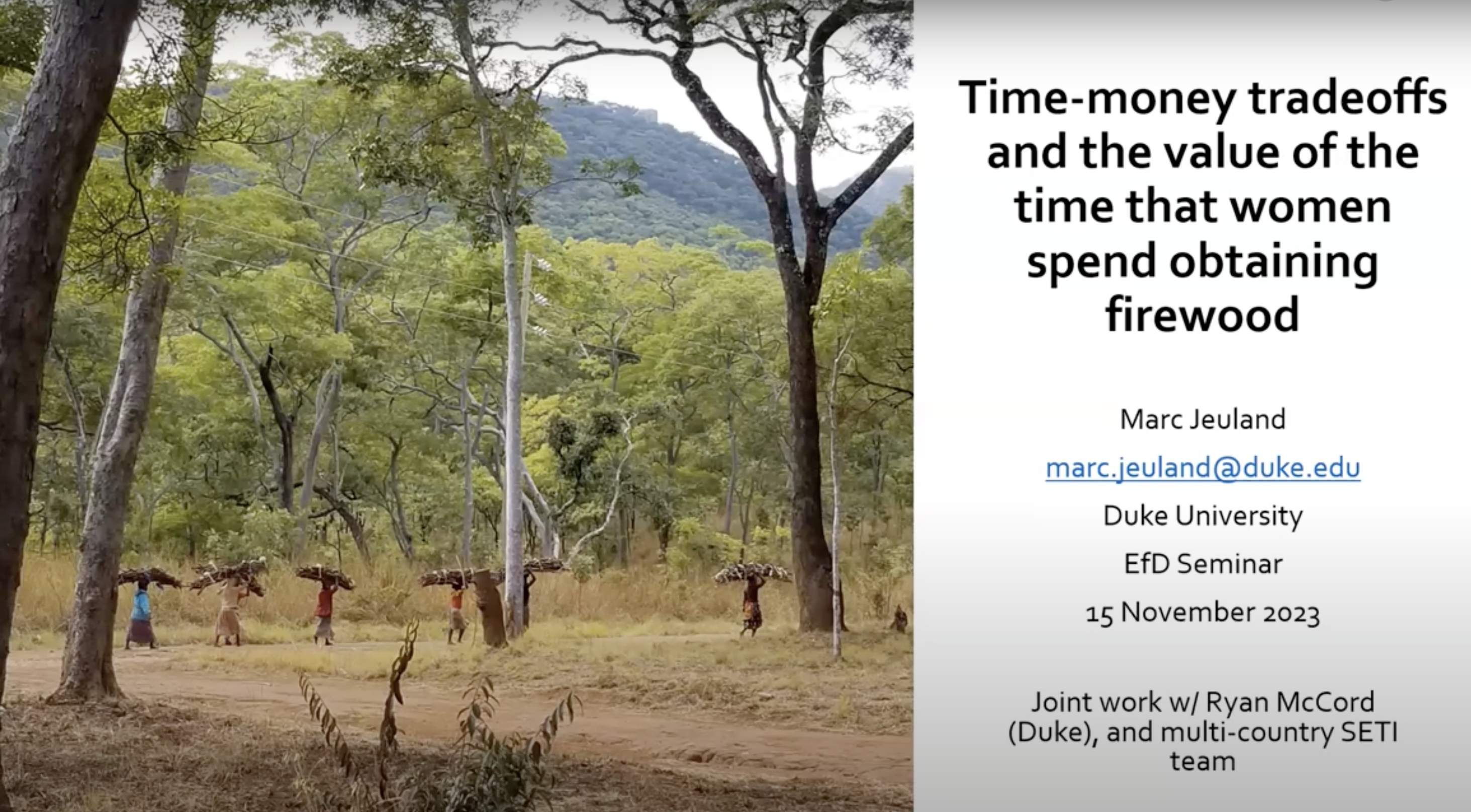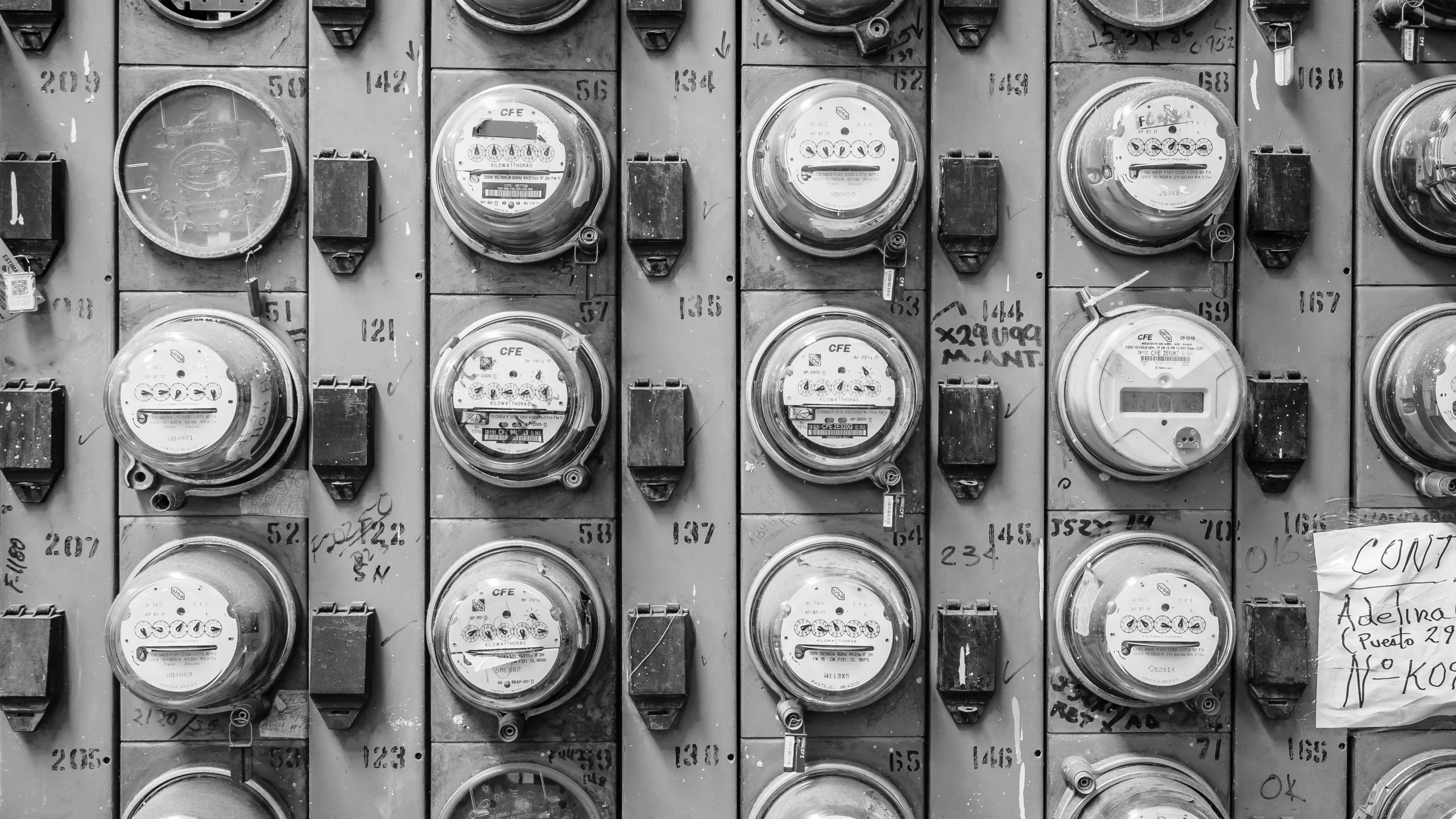
Building Equitable and Sustainable Energy Transitions
Globally, around 3 billion people lack access to affordable and reliable clean cooking energy, 860 million do not have access to electricity, and several billion more are constrained by low quality or unreliable service. This has major equity implications, as energy poverty disproportionately affects women and girls, and rural, natural resource-dependent populations. These inequities are driven by historical structural marginalization, differences in gender roles that are dictated by social and cultural norms, and a lack of opportunities outside of climate-sensitive livelihoods activities. The COVID19 pandemic is further driving inequities as vulnerable populations often lack the resources to adapt to shifting circumstances or sustained economic downturns.
The energy poor spend a substantial amount of time in the drudgery associated with solid fuel collection, cooking and other domestic labor, and bear the adverse health outcomes caused by polluting energy. A lack of access to reliable electricity limits the adoption of domestic appliances and equipment that would ease this burden. Natural resource-dependent populations also bear a disproportionate share of the costs of adapting to a changing climate.
The James E. Rogers Energy Access Project at Duke addresses gaps in knowledge and scientific evidence about the drivers and consequences of energy poverty and unsustainable energy use in low-income settings, as well as policies that address their harms. We work closely with practitioners focused on energy access and its closely connected Sustainable Development Goals (SDGs), including gender equity, poverty alleviation, education and human capital development, and enhanced climate change mitigation and resilience. We aim to address energy equity through:
- better understanding and solving the challenges around last-mile energy access and building back stronger from COVID19,
- developing new metrics for tracking energy poverty and energy empowerment,
- leveraging data and modelling to examine energy poverty inequities, and
- testing the effectiveness of gender-sensitive and pro-poor interventions






